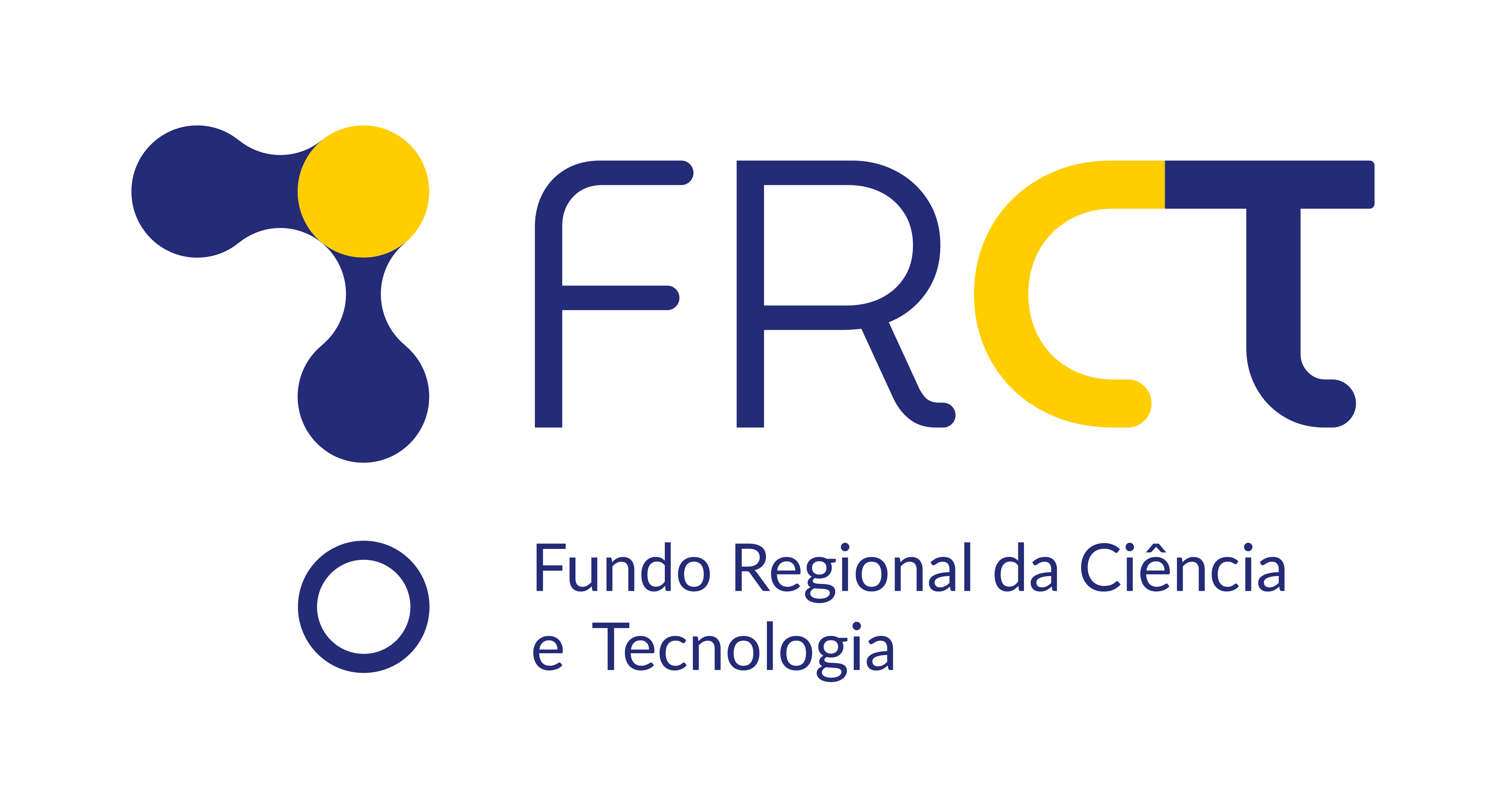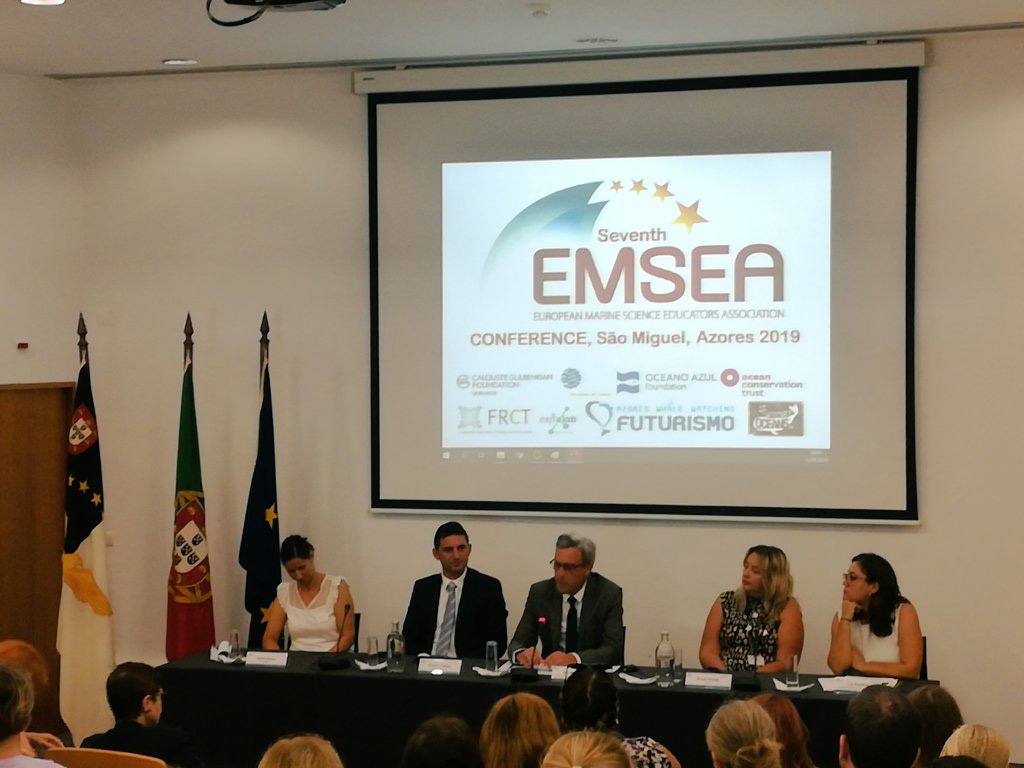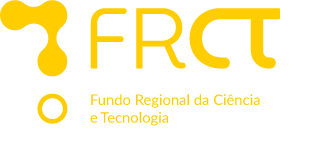Gui Menezes points science education and blue literacy as crucial tools for ocean conservation
18 de Setembro de 2019
The Regional Secretary for the Sea, Science and Technology stated in Lagoa that science education is “crucial for the change that our planet needs” and to “prepare forthcoming generations for the great challenges of today, such as the case of climate change.”
For Gui Menezes, blue literacy is “fundamental to make society, especially younger generations, more responsible in the way it relates to the oceans, which are so important for the balance of our planet.”
The Regional Secretary mentioned the conference on “The Future of the Planet,” an event organised by the Francisco Soares dos Santos and Oceano Azul foundations that took place in Lisbon last weekend. As he noted, “many speakers highlighted the awareness of younger generations for the problems that oceans are facing as fundamental to changing mindsets and to solving these problems in the future.”
Gui Menezes spoke at the opening session of the 7th Annual Conference of the European Marine Science Educators Association (EMSEA), an initiative organised by the Regional Fund for Science and Technology in partnership with the European Association of Marine Science Educators. For four days, it will bring together about a hundred teachers, researchers and those interested in marine science education.
In his speech, the minister emphasised the Azorean Government’s commitment to the experimental teaching of sciences and highlighted the work carried out by the six regional science centres, which includes the Azores Sea Observatory.
In this context, the government official mentioned the Action Plan for Scientific and Technological Culture, launched by the Regional Government. According to him, this four million-Euro investment “demonstrates that science education is regarded as a crucial tool for science-oriented public policies.”
The Regional Secretary highlighted the ‘Educating for a Blue Generation” project, which is being implemented in schools in the Region. It is focused on the conservation and sustainable use of marine resources and stems from the “Blue Azores” programme; the latter follows a partnership between the Regional Government, the Oceano Azul Foundation and the Waitt Institute.
Gui Menezes also mentioned that the Azores are “a unique place in the world for the diversity of marine ecosystems,” where a “competent and experienced scientific community” is headquartered. In fact, the Azores are involved “in numerous research projects that are being implemented under various funding mechanisms, such as Horizon 2020 or INTERREG, focusing on marine education and ocean literacy.”
During his speech, the government official defended that events such as the EMSEA conferences “can make a difference by promoting and sharing knowledge and good practices related to ocean literacy.”
In this regard, he highlighted the EMSEA Expo session aimed at local teachers and the community in general to be held next Wednesday, noting that “it will be an opportunity for the Azorean community to learn from the best marine science educators in Europe.”
“It is an opportunity to raise awareness for the importance of oceans and to inspire local teachers in their teaching activities on this topic,” stated the government official.
The EMSEA Expo will take place at the Living Science Centre – Expolab in Lagoa from 3:30 to 7:30 PM and intends to present practical and experimental activities on the theme of “Ocean Literacy”; admission is free.
Sixteen projects will be presented. Additionally, visitors will be able to explore oceans through 3D technology or through remotely operated underwater vehicle simulators, or to build traditional fishing scenes.
Established in 2011, EMSEA is an international non-profit organisation dedicated to promoting ocean literacy that brings together teachers and educators from European science centres and aquariums. It provides a platform for promotion and capability building in the field of marine sciences.










